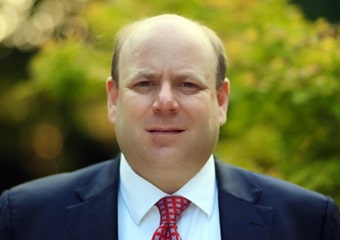For decades, the prosecution has utilized a coordinated strategy to investigate and prosecute child sex abuse cases. Expert testimony to explain a child’s inconsistent behavior and statements is central to the prosecution strategy. Utilizing this strategy, prosecutors routinely solicited improper opinion evidence from the purported expert. Our Supreme Court disallowed this practice in a recent […]



